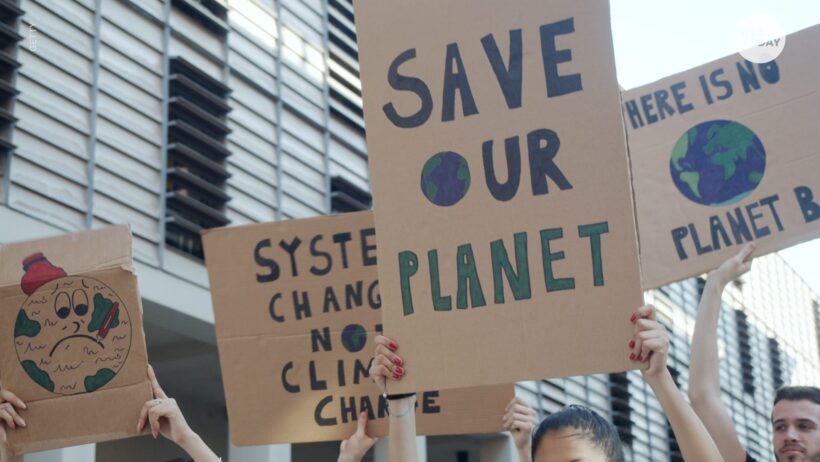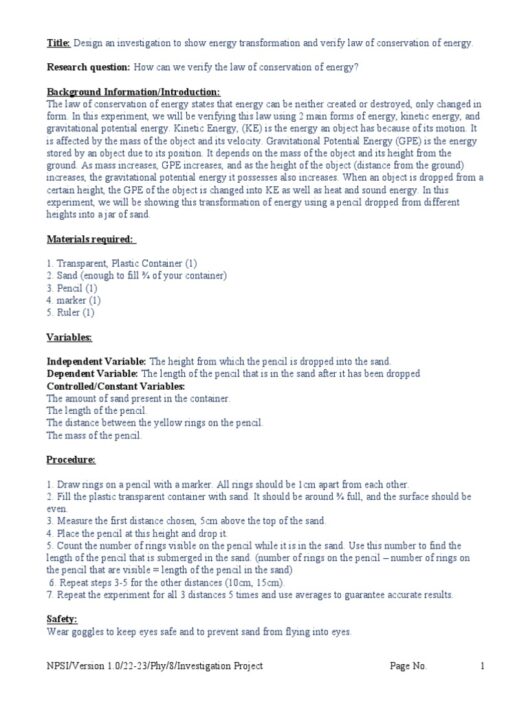Climate change, a pressing and multifaceted dilemma, poses a significant threat to our planet’s ecosystems, weather patterns, and human existence itself. While this global crisis can seem insurmountable, individual actions can create a ripple effect that contributes to meaningful change. Each action—big or small—can have an affirmative impact in the pursuit of environmental sustainability. Let’s explore practical steps that you can undertake to combat climate change, illuminating the pathways to a healthier, more sustainable planet.
Understanding the urgency of the climate crisis is the first step. The atmospheric accumulation of greenhouse gases, propelled by human activities, has led to a dramatic increase in global temperatures, extreme weather events, and biodiversity loss. The consequences are staggering, yet the power to effectuate change lies in our individual choices. Herein, we delve into various dimensions where personal responsibility can manifest as a formidable force against climate change.
Embrace a Sustainable Lifestyle
The journey toward mitigating climate change begins with a profound commitment to sustainable living. This encompasses various aspects of daily life, from dietary choices to energy consumption. One of the most significant contributions is altering dietary habits—adopting a plant-based diet or reducing meat intake can substantially minimize your carbon footprint. Livestock farming is noted for its high emissions of methane—a potent greenhouse gas—alongside the water and land resources it consumes.
Moreover, opting for local and seasonally available produce not only reduces transportation emissions but also supports local farmers. By circling back to the sources of our food, we can cultivate a stronger community connection while nurturing the environment. Additionally, consider incorporating more organic foods into your diet, as these farming practices often utilize fewer synthetic fertilizers and pesticides, further protecting our soil and waterways.
Reduce Energy Consumption
Another significant step in individual climate action is the conscious reduction of energy consumption. Energy usage in our homes and daily activities is a primary source of greenhouse gas emissions. Start by conducting an energy audit of your home to identify areas for improvement. Consider investing in energy-efficient appliances and LED lighting, which consume far less electricity than their traditional counterparts.
Moreover, behavioral changes can greatly influence energy use. Simple actions like turning off lights when exiting a room, unplugging devices not in use, and utilizing natural light can lead to substantial energy savings. When you do need to heat or cool your home, adjust the thermostat by just a couple of degrees to save energy. The cumulative effect of these small adjustments can lead to significant reductions in emissions.
Furthermore, consider adopting renewable energy sources. If feasible, you might install solar panels or opt for green energy subscriptions from your utility provider. Transitioning to renewable energy not only reduces dependency on fossil fuels but can also be a financially savvy investment in the long term.
Conscious Consumption and Waste Management
Aligning your purchasing habits with sustainability is paramount in the fight against climate change. This involves standardized practices such as evaluating the lifecycle of products before purchasing. Favor products that are not only environmentally friendly but are also designed for durability or reuse. Embrace the principles of the circular economy by opting for second-hand items, supporting thrift stores, or participating in community swaps.
Equally important is the management of waste. The staggering amounts of plastic waste contribute significantly to environmental degradation. By minimizing single-use plastics—employing reusable bags, bottles, and containers—you can curtail plastic pollution. Additionally, adopting a trajectory toward a zero-waste lifestyle can be transformative. Composting organic waste can divert substantial quantities from landfills—fostering soil health and reducing greenhouse gas emissions.
Engage and Advocate
Individual efforts can be magnified through advocacy and community engagement. Establishing a dialog about climate change within your circles can inspire action, and collaboration can yield extraordinary outcomes. Participate in town hall meetings, join environmental organizations, or engage in community clean-up initiatives. Grassroots efforts, when harmonized, can propel legislative changes and raise awareness on a larger scale.
Use your voice—whether through social media platforms or traditional forms of communication—to raise awareness on climate issues that matter most to you. Advocate for policies that promote sustainability in your community, and support leaders and organizations committed to fighting climate change. Your voice is a vital tool for inciting change; collectively we can influence public sentiment and policy decisions.
Furthermore, support companies that align with eco-friendly practices and sustainability initiatives. Ethical consumerism encourages businesses to adopt mindful practices, ultimately fostering a market that prioritizes the planet’s well-being over mere profit. By supporting such businesses, you are not merely voting with your wallet but contributing to a broader cultural shift.
Nurturing a Sustainable Future
Ultimately, stopping climate change requires a multifaceted approach where every individual’s actions contribute to an overarching narrative of recovery and sustainability. By committing to sustainable practices, reducing energy consumption, managing waste consciously, engaging in community actions, and advocating for policy change, each person can play a strategic role in addressing this critical issue.
Every effort, no matter how small, coalesces into a larger movement for environmental justice. When individuals take responsibility for their contributions to climate change, we collectively forge a path toward a sustainable future. The challenge is daunting, but the solutions lie within our grasp—beginning with personal actions that resonate far beyond the individual, creating a crescendo of hope for generations to come.








